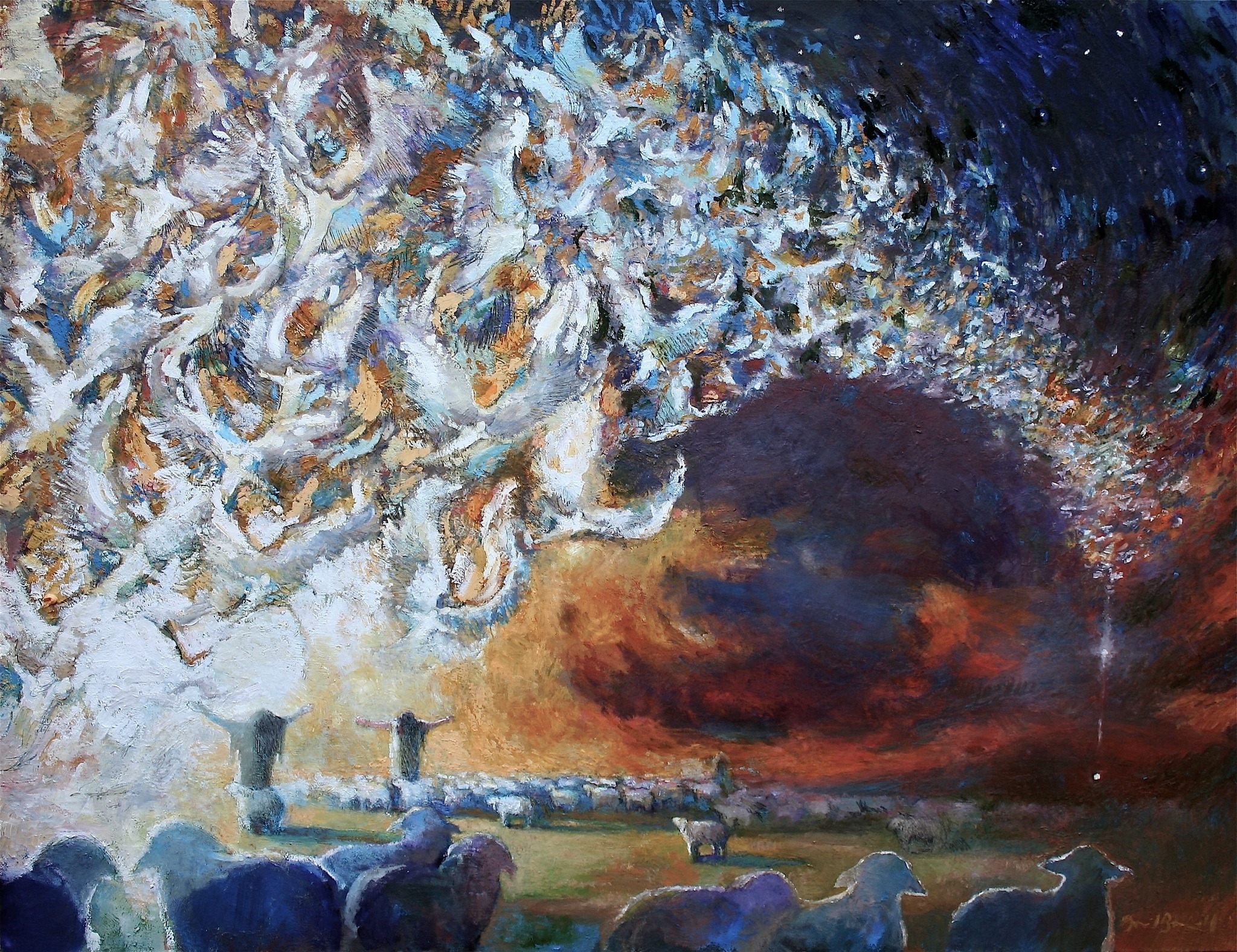Jijo Kandamkulathy, CMF
Claretian Publications, Macau
Lk 18:1-8
A person’s faith is tested in adversities. It is true especially when we are facing discouragements in prayer. After repeated prayers, if we find God is not taking any action, most people feel discouraged. Some will start complaining about God and some lose faith, and there are still others who fall into self-doubt. One could accuse oneself of wrong doings of the past and imagine God punishing them for them. Those who are in self-doubt are particularly vulnerable to resorting to witchcraft and other practices in order to achieve their objective with the help of evil.
The readings today help us to reflect on our own habits of prayer. The passage brings to mind some questions we have always wanted to ask. Why are we invited to pray insistently? What is the meaning of prayer?
Jesus responds today with a parable of an unjust judge. The duty of the judge should be to protect the weak and the defenseless. But this man is wicked. He neither fears God nor cares about people, and is totally unsympathetic to the widow who is asking for his attention with regard to her case.
The widow is a symbol of the defenseless and those exposed to abuse. She has been wronged and claims her rights, but no one listens to her. The poor all over the world understand this one thing that justice is meant for those who have money and influence. They often choose not to fight for their rights and justice for fear of becoming even poorer or losing their lives. This poor woman has a single card in hand, and she plays it. She pesters the judge with obstinacy, at the cost of appearing indiscreet.
After a long wait, the judge decides to make a judgement on the case, not because he realizes his apathy, but because he is tired and annoyed by the insistence of the woman. He thinks, “This widow is troublesome; she pesters me and becomes unbearable.”
Who is the unjust judge? Who is the widow? To understand this we need to know the historical juncture in which the words are spoken. We are in the 80s of the first century when in Asia Minor a very violent persecution begins. Emperor Domitian claims that all should adore him as a god. The pagan religious institutions have surrendered. The Christians have not. They cannot, as the book of Revelation says (Rev 13), bow before the “beast” (the Domitian divo), and for this they must withstand harassment and discrimination.
Now, it is clear who the widow of the parable is: it is the church of Luke, the church whose Spouse is taken away. It is this community that awaits his coming even though she may not know the day or the hour of his return, and that each day, with insistence, she is pleading: “Come, Lord Jesus” (Rev 22:20).
The Lord is answering the dilemma of the Lukan community. He makes a rhetorical question, “And will God not give justice to his chosen ones who day and night cry to him?” followed by a decisive affirmation, “Yes, I tell you, he will bring justice to them soon; even if he makes them wait for long.”
A major temptation for Christians is becoming discouraged in the face of a long wait for the Spouse who delays and tolerates injustice. Seeing the inexplicable slowness of the judge, the widow could have resigned herself to the fate of not ever obtaining justice. The Lord alerts the community against this danger, represented by discouragement and belief in the idea that the Spouse will not arrive to render justice. He will surely come. But will he find his chosen ones ready to welcome him? To some people, his slowness could cause a loss of faith!
Here is the message of the parable – pray. Jesus has told so, says the evangelist, to inculcate the belief that it is necessary to pray always, without ceasing. Prayer is being in constant conversation and consultation with the Lord. Keep the arms of prayer raised to the Lord until evening, until the battle over discouragement is won!
And lastly, some delay in answering the prayers is worth the while so that we value the answers to our prayers. What is immediately available is also considered cheap and wasted easily. Time makes us discern what we really need. But discouragement in the process should not happen. Our strength, be it of faith or of one’s personality, is measured by the grace with which we handle discouragement.
(Indebted to Fr. Fernando Armellini SCJ for the text analysis)
(Image: HolgersFotografie@pixabay.com)


 Follow
Follow

